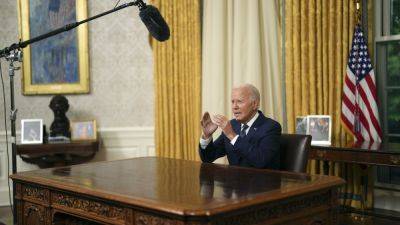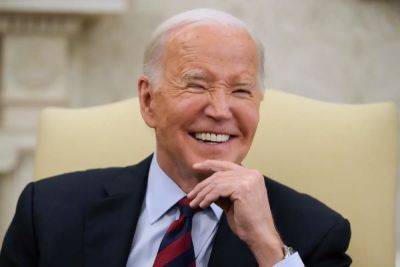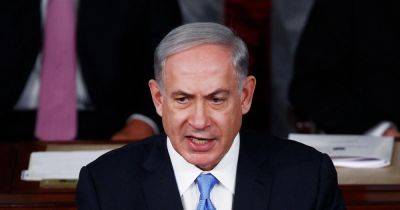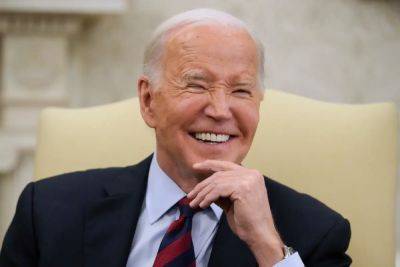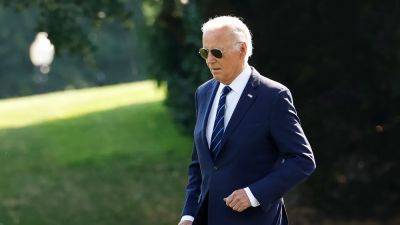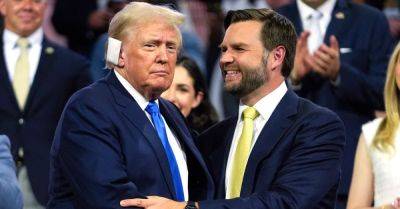For First Time, NATO Accuses China of Supplying Russia’s Attacks on Ukraine
After decades of viewing China as a distant threat, NATO on Wednesday accused Beijing of becoming “a decisive enabler of Russia’s war against Ukraine,” and demanded that it halt shipments of “weapons components” and other technology critical to the rebuilding of the Russian military.
The statement is contained in a declaration approved by the 32 leaders of the alliance, shortly before they headed to a dinner at the White House on Wednesday night. It is a major departure for NATO, which until 2019 never officially mentioned China as a concern, and then only in the blandest of language.
Now, for the first time, the alliance has joined in Washington’s denunciations of China’s military support for Russia.
But the declaration contains an implicit threat that China’s growing support for Russia will come at a cost. China “cannot enable the largest war in Europe in recent history without this negatively impacting its interests and reputation,” the declaration said, particularly calling out “its large-scale support for Russia’s defense industrial base.”
The NATO declaration did not specify what those costs would be, although the natural first step would be economic sanctions that barred China from parts of global markets.
Even a year ago, European leaders were hesitant to challenge Beijing, especially nations like Germany that view China as a critical market for high-end cars and luxury goods.


